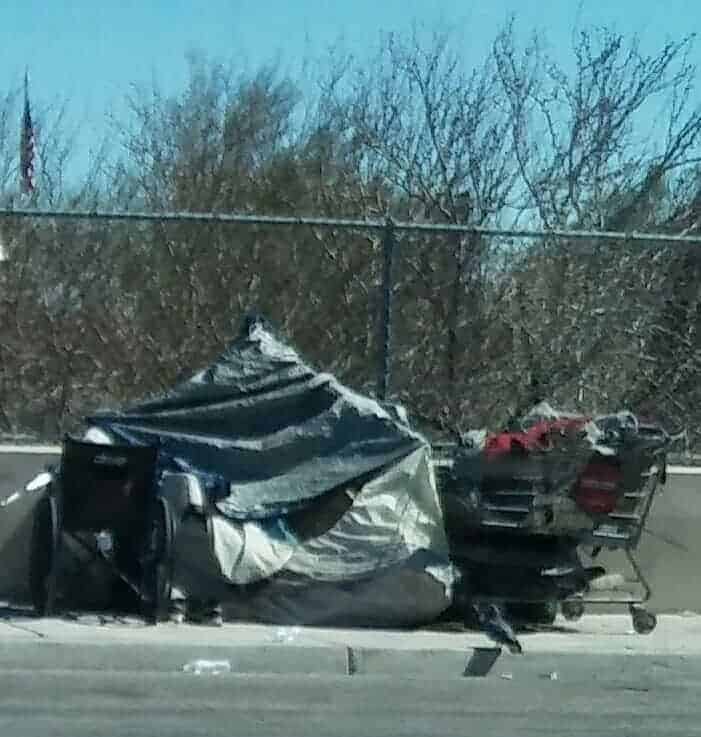Know what? Our neighbors don’t need to live on the streets, or in tunnels, or caves. This must stop! How? Make it a priority! And, how do we do that? We need to care enough to demand a solution.
Scoff if you must, but caring happens day after day with no fanfare, no uproar, no tweets. Parents care for kids. Spouses care for each other. Nurses and doctors care for patients. A stranger saves someone from a burning building, or rescues a victim trapped in a wrecked car, or pays for a meal for the mom dividing one hamburger among four kids, or cooks at a shelter, or gives a bottle of water to a teenager panhandling in the scorching sun. Caring happens.
Know what? You feel it. Your heart knows it: the caring individuals outnumber those who don’t. Just because you don’t see goodness happening doesn’t mean it’s not. Maybe you need to get out more.
Caring comes in many forms. Some folks care anonymously, others quite publicly. Some care with money, others with time or talent. Some people care “with everything they’ve got;” some grudgingly care out of a sense of guilt. Just agree, caring happens, no matter what the reason.
Now, place the issue of neighbors without homes onto our priority list. Learn how to have “the caring economy,” as Professor Fadhel Kaboub discusses in his April, 2019 presentation on a “Green New Deal for Newark” at this link: https://www.youtube.com/watch?v=kbyNawoEkUA&feature=share. Tragedies such as neighbors without homes, the climate emergency, injustice and inequality can and must be resolved. The Green New Deal is a framework for doing so.
Learn. Pay attention to the words of Prof. Kaboub at the link above. It will take only an hour.
Then go to Real Progressives at www.realprogressives.org and read articles from informed, well-versed individuals and watch presentations from a host of economists like Stephanie Kelton, Warren Mosler, Ellis Winningham and so many more fine thinkers.
And if you don’t have an hour, start with this six minutes and 28 seconds of Prof. Kaboub explaining an historical example of how priorities can be set here: https://www.youtube.com/watch?v=Jy76CGfm9A0&feature=share.
The tools are in front of us. Learn how to use them.
